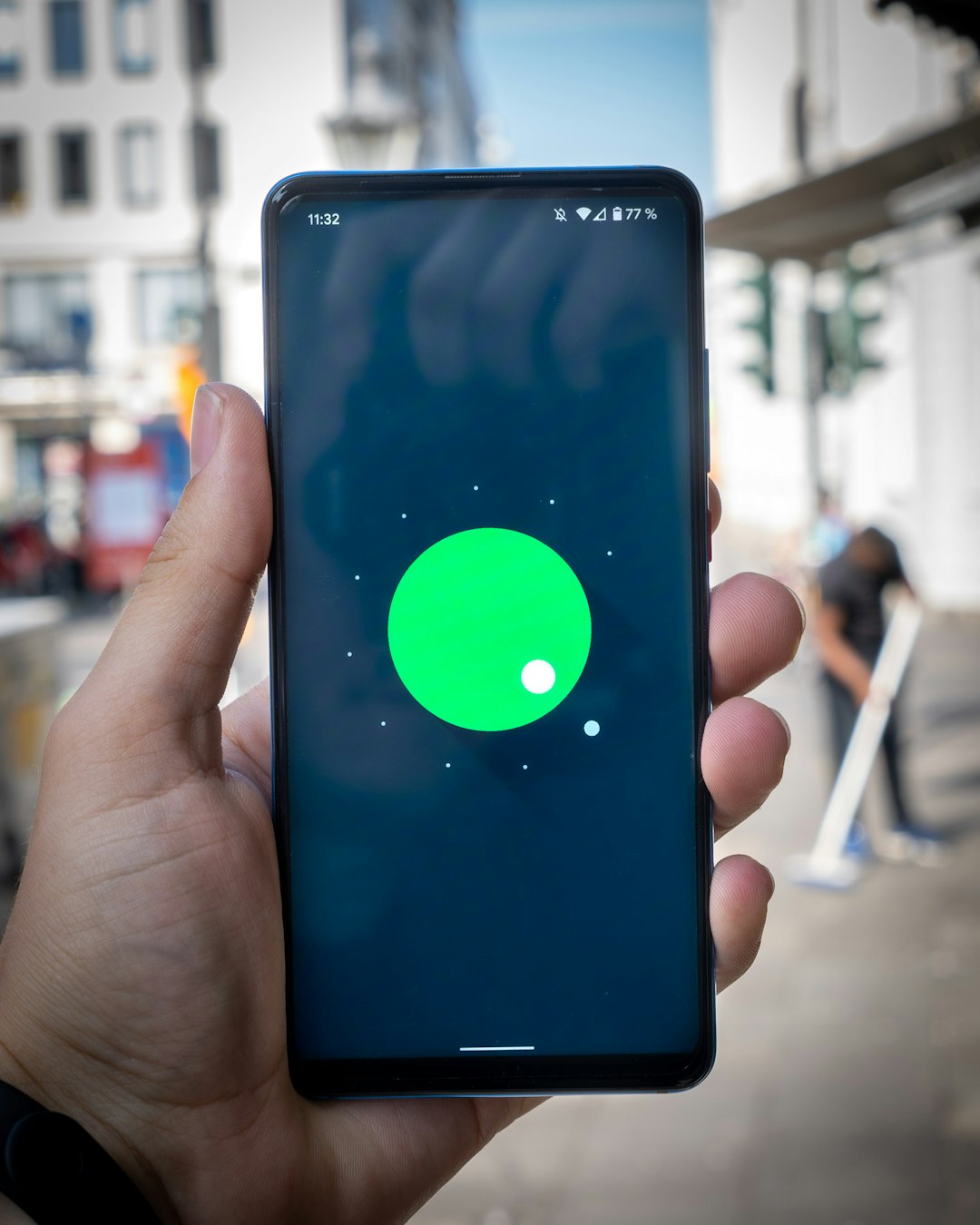West Virginia's "Do Not Text Laws" aim to boost road safety by banning texting while driving. Strict penalties deter violations, emphasizing the increased accident risk from distracted driving. These laws address the multi-tasking dangers of texting and the visual, manual, and cognitive distractions it causes. Enforced by law enforcement, they reduce phone use behind the wheel, enhancing driver focus and passenger safety on West Virginia roads.
In West Virginia, understanding and adhering to the state’s strict Do Not Text Laws is paramount for drivers’ safety. Holding a phone while driving increases reaction times and reduces awareness on the road, making it a significant risk factor in accidents. This article explores West Virginia’s Do Not Text Laws, delves into the dangers of physical phone use during driving, and highlights strategies to promote safe driving through enhanced law enforcement efforts.
Understanding West Virginia's Do Not Text Laws

In West Virginia, the “Do Not Text While Driving” laws are designed to keep roads safe by preventing distracted driving. These laws explicitly prohibit drivers from sending or reading text messages while behind the wheel. The primary focus is on ensuring that drivers maintain their attention on the road, minimizing the risks associated with texting and driving.
The enforcement of these Do Not Text Laws in West Virginia includes strict penalties for violations. Drivers caught breaking these rules may face fines, points on their license, or even suspension. It’s crucial to understand and comply with these regulations not only to avoid legal consequences but also to prioritize safety on West Virginia’s roads.
Risks of Physical Phone Use During Driving

Using your phone while driving increases the risk of accidents significantly. The Do Not Text laws in West Virginia are in place precisely because holding a phone and driving at the same time is a dangerous combination. When drivers engage in physical interactions with their phones, even for a brief moment, their attention shifts away from the road. This distraction can lead to slower reaction times and reduced awareness of surroundings, potentially causing severe collisions.
Texting while driving is especially perilous due to the multi-tasking it requires. It involves visual, manual, and cognitive distractions—all essential skills needed for safe driving. Studies show that sending or reading a text message takes your eyes off the road for approximately five seconds. At 55 mph, this translates to traveling the length of a football field blindfolded. The risks are clear: Do Not Text laws aim to keep both drivers and passengers safe on West Virginia’s roads.
Promoting Safe Driving Through Law Enforcement

Law enforcement plays a vital role in promoting safe driving by enforcing laws that prohibit physically holding phones while driving, such as the “Do Not Text While Driving” laws in West Virginia. These laws are designed to reduce distractions behind the wheel and prevent accidents caused by driver inattention.
Through increased patrols and strict penalties, law enforcement agencies can serve as a strong deterrent for drivers who might be tempted to use their phones while driving. By educating the public on the dangers of distracted driving and consistently applying the rules, they contribute to creating a safer road environment for everyone.






